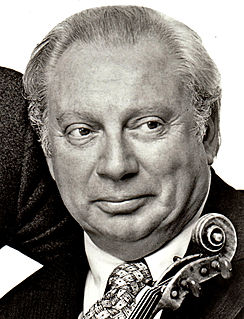A Quote by Tim Ryan
Globalization in the aggregate generates wealth, no question. But it gets concentrated.
Quote Topics
Related Quotes
In progressive societies the concentration[of wealth] may reach a point where the strength of number in the many poor rivals the strength of ability in the few rich; then the unstable equilibrium generates a critical situation, which history has diversely met by legislation redistributing wealth or by revolution distributing poverty.
The greatest wealth of this nation is not only the mergers of giant corporations or the possibility of further globalization of the infrastructure of the world. In the United States, our greatest single source of wealth is the minds and talent of our young people. Not to use it is stupid - to waste it is a crime.
I think that the movement against the World Bank, against the globalization process that is happening, is very positive. We need a globalization, a globalization of people who are committed to social justice, to economic justice. We need a globalization of people who are committed to saving this earth, to making sure that the water is drinkable, that the air is breathable.
And one day we must ask the question, "Why are there forty million poor people in America?" And when you begin to ask that question, you are raising questions about the economic system, about a broader distribution of wealth. When you ask that question, you begin to question the capitalistic economy.


































